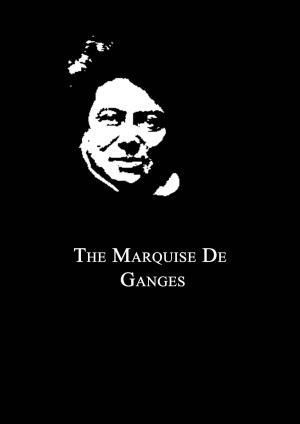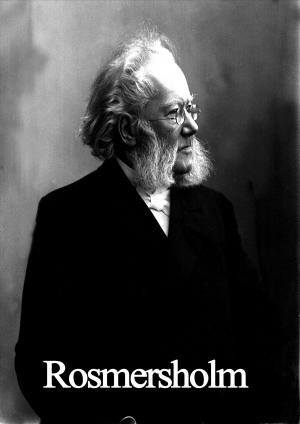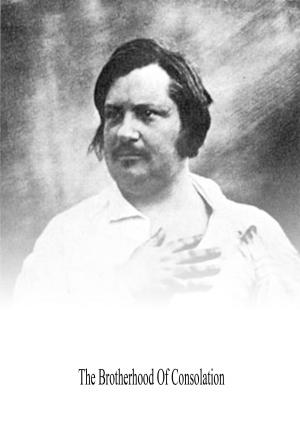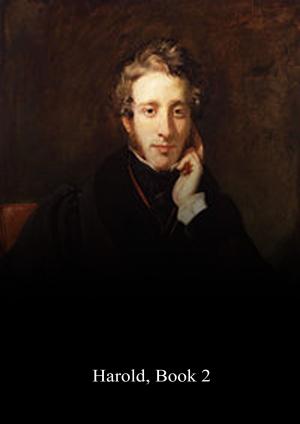The Sorrows of Young Werther [Christmas Summary Classics]
Nonfiction, Reference & Language, Reference| Author: | Johann Wolfgang Von Goethe | ISBN: | 1230000034658 |
| Publisher: | Zhingoora Books | Publication: | November 30, 2012 |
| Imprint: | Language: | English |
| Author: | Johann Wolfgang Von Goethe |
| ISBN: | 1230000034658 |
| Publisher: | Zhingoora Books |
| Publication: | November 30, 2012 |
| Imprint: | |
| Language: | English |
Christmas Summary Classics
This series contains summary of Classic books such as Emma, Arne, Arabian Nights, Pride and prejudice, Tower of London, Wealth of Nations etc. Each book is specially crafted after reading complete book in less than 30 pages. One who wants to get joy of book reading especially in very less time can go for it.
JOHANN WOLFGANG VON GOETHE
The Sorrows of Young Werther
Johann Wolfgang von Goethe, the greatest of German poets, and one of the most highly gifted men of the eighteenth century, was born in 1749 at Frankfort-on-the-Main. He received his early education from his father, who was an imperial councillor, and in the year 1765 he went to the University of Leipzig. Goethe's first great work was "Goetz von Berlichingen" (see Vol. XVII). which was translated into English by Sir Walter Scott. "The Sorrows of Young Werther" ("Die Leiden des jungen Werthers") was begun in 1772, when Goethe was twenty-three years old, and was published anonymously two years later. It immediately created an immense sensation, made a round of the world, and was everywhere either enthusiastically praised or severely condemned. It became the fashion of young men to dress themselves in blue coats and yellow breeches in imitation of the hero, and many of them were moved to follow Werther's example as the simplest way of settling their love affairs. Nevertheless, "Werther" formed the real basis of Goethe's fame. It was the first revelation to the world of the genius, which, a quarter of a century later, was to give it "Faust" (Vol. XVI). The story is frankly sentimental, but as such it is easily the best of the sentimental novels of the eighteenth century. When, many years later, Goethe was invited to an audience with Napoleon, the emperor volunteered the information that he had read "Werther" through six times. Goethe died in March, 1832, in his eighty-fourth year.
Christmas Summary Classics
This series contains summary of Classic books such as Emma, Arne, Arabian Nights, Pride and prejudice, Tower of London, Wealth of Nations etc. Each book is specially crafted after reading complete book in less than 30 pages. One who wants to get joy of book reading especially in very less time can go for it.
JOHANN WOLFGANG VON GOETHE
The Sorrows of Young Werther
Johann Wolfgang von Goethe, the greatest of German poets, and one of the most highly gifted men of the eighteenth century, was born in 1749 at Frankfort-on-the-Main. He received his early education from his father, who was an imperial councillor, and in the year 1765 he went to the University of Leipzig. Goethe's first great work was "Goetz von Berlichingen" (see Vol. XVII). which was translated into English by Sir Walter Scott. "The Sorrows of Young Werther" ("Die Leiden des jungen Werthers") was begun in 1772, when Goethe was twenty-three years old, and was published anonymously two years later. It immediately created an immense sensation, made a round of the world, and was everywhere either enthusiastically praised or severely condemned. It became the fashion of young men to dress themselves in blue coats and yellow breeches in imitation of the hero, and many of them were moved to follow Werther's example as the simplest way of settling their love affairs. Nevertheless, "Werther" formed the real basis of Goethe's fame. It was the first revelation to the world of the genius, which, a quarter of a century later, was to give it "Faust" (Vol. XVI). The story is frankly sentimental, but as such it is easily the best of the sentimental novels of the eighteenth century. When, many years later, Goethe was invited to an audience with Napoleon, the emperor volunteered the information that he had read "Werther" through six times. Goethe died in March, 1832, in his eighty-fourth year.
![Cover of the book The Sorrows of Young Werther [Christmas Summary Classics] by Johann Wolfgang Von Goethe, Zhingoora Books](https://www.kuoky.com/images/2012/november/500x500/1230000034658-O5yX_500x.jpg)
![Cover of the book Fathers and Sons [Christmas Summary Classics] by Johann Wolfgang Von Goethe](https://www.kuoky.com/images/2012/december/300x300/1230000034801-RCyz_300x.jpg)

![Cover of the book Christmas: Its Origin And Associations [Christmas Summary Classics] by Johann Wolfgang Von Goethe](https://www.kuoky.com/images/2012/october/300x300/1230000024176-EuU3_300x.jpg)



![Cover of the book An Egyptian Princess [Christmas Summary Classics] by Johann Wolfgang Von Goethe](https://www.kuoky.com/images/2012/november/300x300/1230000034641-dlLj_300x.jpg)
![Cover of the book Discourses and Encheiridion [Christmas Summary Classics] by Johann Wolfgang Von Goethe](https://www.kuoky.com/images/2012/december/300x300/1230000036214-WO9o_300x.jpg)





![Cover of the book It is Never Too Late to Mend [Christmas Summary Classics] by Johann Wolfgang Von Goethe](https://www.kuoky.com/images/2012/december/300x300/1230000036853-rNnV_300x.jpg)
